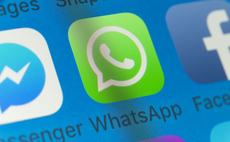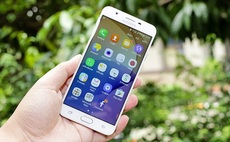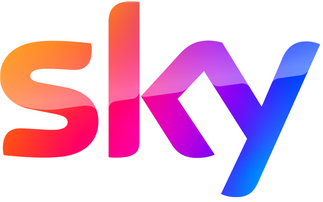From ambitious crowdfunder to barely a whispered memory, the Ubuntu Edge didn't lead the pack in the way many had hoped. But just what is the status of the converged, desktop-capable smartphone?
Last summer, it looked, for a short while at least, that Canonical was going to break crowdfunding history and raise $32m in just a month, in order to produce a smartphone with fully desktop-ready ...
To continue reading this article...
Join Computing
- Unlimited access to real-time news, analysis and opinion from the technology industry
- Receive important and breaking news in our daily newsletter
- Be the first to hear about our events and awards programmes
- Join live member only interviews with IT leaders at the ‘IT Lounge’; your chance to ask your burning tech questions and have them answered
- Access to the Computing Delta hub providing market intelligence and research
- Receive our members-only newsletter with exclusive opinion pieces from senior IT Leaders























